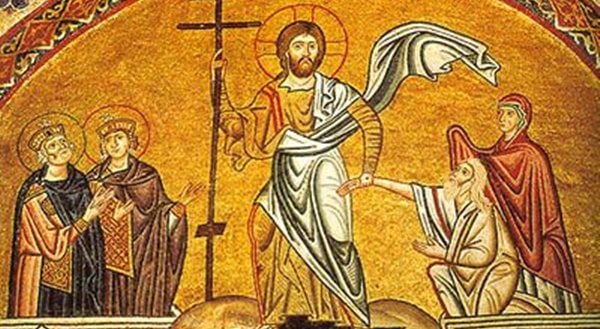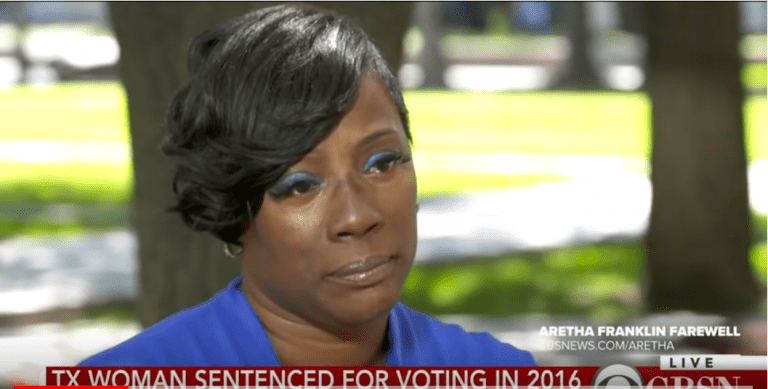Welcome to the Girardian Virtual Bible Study! Each week we explore the lectionary passage with the help of René Girard’s insights into human relationships. The Raven Foundation will be taking a break this month from posting on the website, but you can continue to join the GVBS at 10:30 am Central on the Raven Foundation Facebook page during the month of May. This episode explores John 21:1-19 and Acts 9:1-20.
Show Notes
At 1:00 – Lindsey says these passages have a message that our world really needs.
at 1:33, Adam describes John 20:1-14. After the resurrection, the disciples go back to their old lifestyle of fishing, but they aren’t catching any fish. The resurrected Jesus comes to them. He tells them to cast their net on the other side. They do and they catch 153 fish! Why is the story so specific? There is some evidence that first century Jews thought there were 153 nations in the world. So, the disciples are symbolically catching up all the nations into the net of God’s love. But some say that the evidence for this reference to 153 is kind of weak, and the larger point is God’s abundance. That’s a lot of fish! More than the disciples needed. Another point to make is that the resurrected Jesus continues to care about the disciples, who have just abandoned him. In the resurrection account in John 20, Jesus told them to go into the world and forgive people, but here they have gone back to their old habit of fishing. They are fishing for fish and not fishing for people! And yet, Jesus feeds them breakfast. This ties in nicely with the next part of the story, where Jesus tells Peter to feed Jesus’ sheep. Jesus teaches Peter that to love Jesus means to become more like Jesus. Jesus fed the disciples, and now he, once again, sends the disciples out into the world to feed people. It’s important to note that the disciples don’t get it right. They often fail to feed Jesus’ sheep, but they often succeed in this task, too. The point is not a moralistic “You must do this or else!”. The point is that the resurrected Jesus always comes to us when we go back to our older ways of life and invites us to remember to love God and love our neighbors as we love ourselves.
At 15:30 we move into a discussion on Acts 9:1-20. This is Saul/Paul’s conversion story. Saul was riding his horse on the road to Damascus, breathing threats of murder against the early Christians. But the resurrected Jesus came to him, saying, “Saul, Saul, why do you persecute me?” But Saul was not literally persecuting Jesus – he was persecuting Jesus’ followers. So, Jesus is one with his followers. But we could extend this by saying that Jesus is one with all people who are persecuted (Matthew 25, for example.) Saul was blinded by his hatred, and so couldn’t see the divine presence in those he was persecuting. Saul fell off his horse and was blinded by the light of God and Jesus’ voice. Then the resurrected Jesus went to a disciple named Ananias. He told Ananias that Saul would come to him and Ananias would help give Saul his sight back. Ananias doubted this message, after all, Saul was persecuting them. Jesus assured Ananias that Saul was changed and will bring in the Gentiles (there is a possible connection here to the disciples catching 153 fish!). Ananias lays his hands on Saul and calls him “Brother.” This is Saul’s conversion. He was once referred to as a persecutor. He is now a brother. Ananias gives Saul a new identity. He did not continue to hold contempt or resentment for Saul. He forgave Saul and transformed him into a sibling in Christ. That forgiveness and shift in our identity what the resurrected life is all about!















